Our world may be on hold, but imagine the release of energy when real life can start again. It’s a warm thought to cling to, even if we have no clue when that time might come.
In terms of motorsport (insignificant, I know, but always a welcome distraction from real life, even in the best of times), you have to wonder how likely it now is that international racing will be scratched from the rest of 2020. Once lockdown ends, exactly when will overseas travel be allowed? Weeks? Or months? The immediate future has never been foggier.
A world turned upside down
Oliver Jarvis is among the minority of drivers to have actually raced this year, along with those competing in Formula E. The sports car specialist saw action at the Daytona 24 Hours in January, where he took pole position in his Joest-run Mazda prototype and finished second in the race, and then travelled directly to the Bathurst 12 Hours to race for Bentley’s GT3 squad.
A dual campaign in the US with Mazda and in Europe with Bentley promised an exciting season – but since then, as for us all, his year has been turned upside down. Not only by the coronavirus; Mazda has also ended its association with Joest, one of the best sports car racing teams in the world. The Multimatic team, which formerly ran the Ford GT programme, will now take full control of a campaign for which it was already providing the engineering.
“The sad part is the Joest guys would have got to say goodbye at the Sebring 12 Hours, but that was cancelled,” says Jarvis, who, like everyone else, is longing to return to some form of normality.
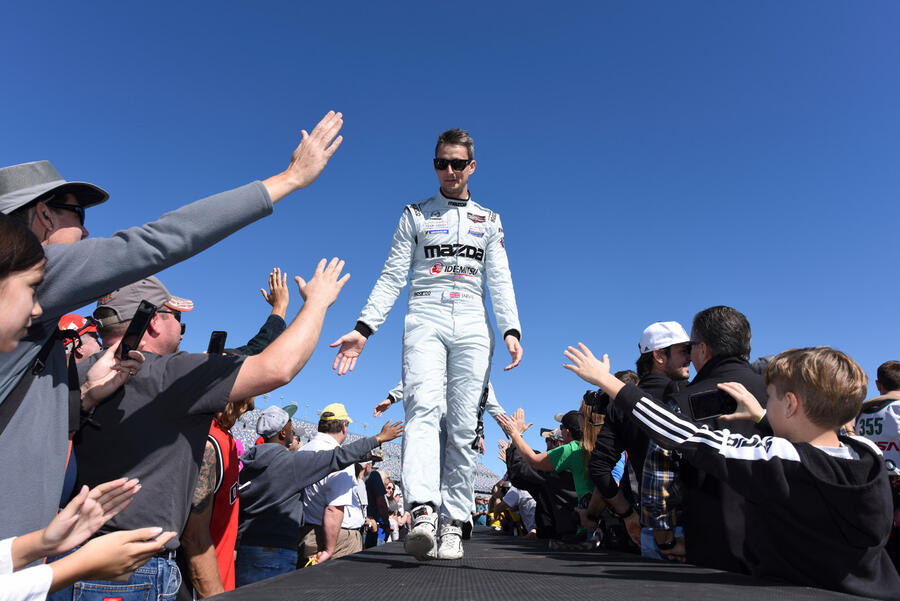

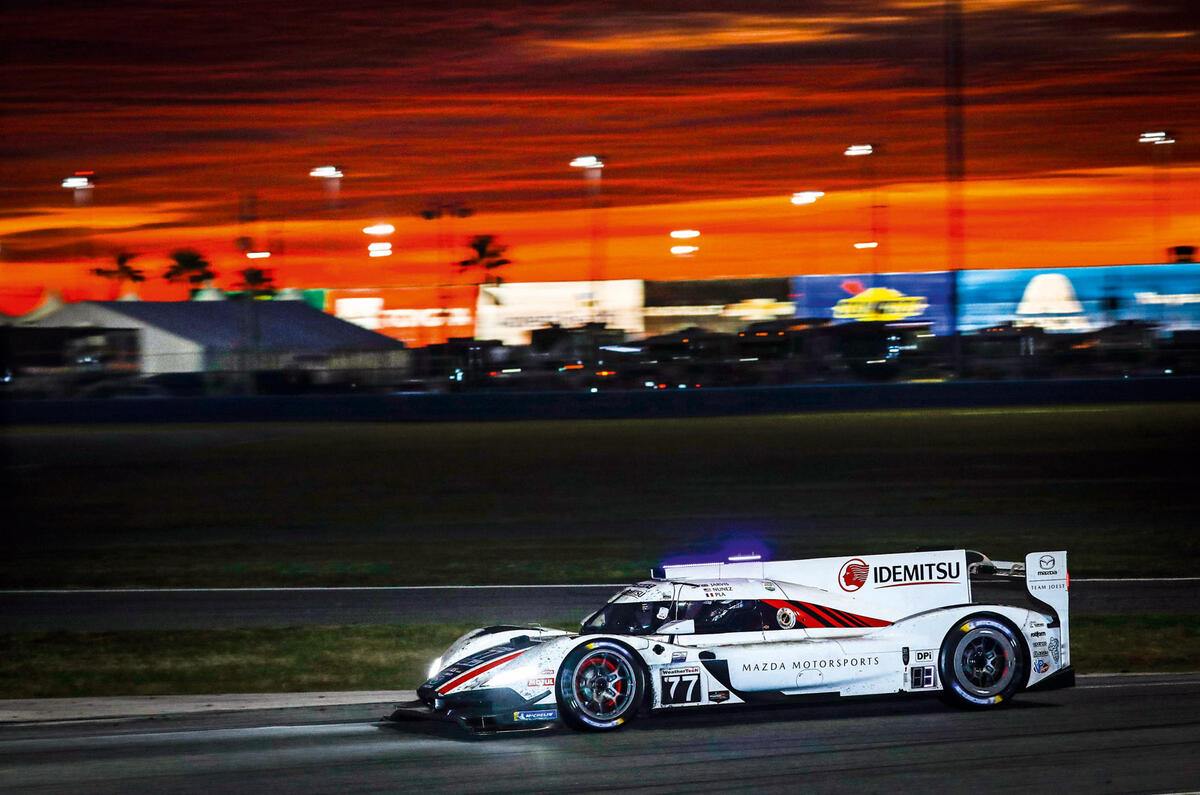
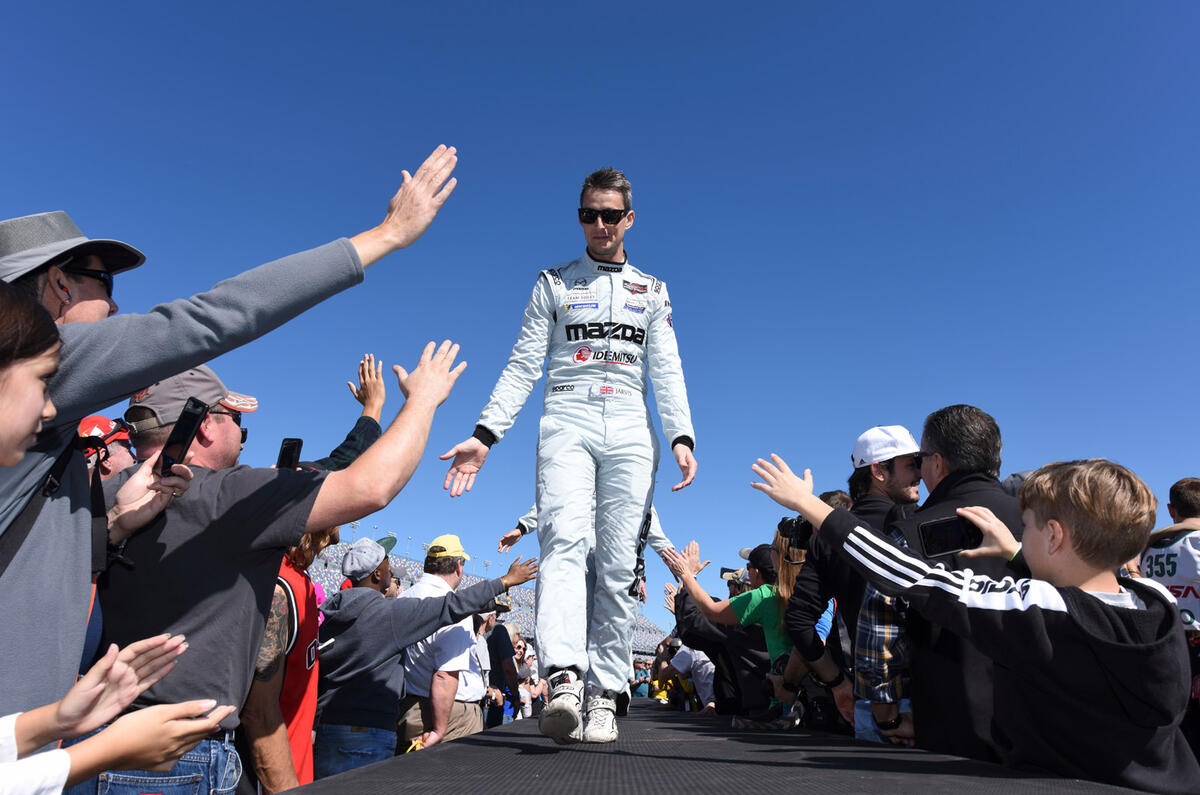
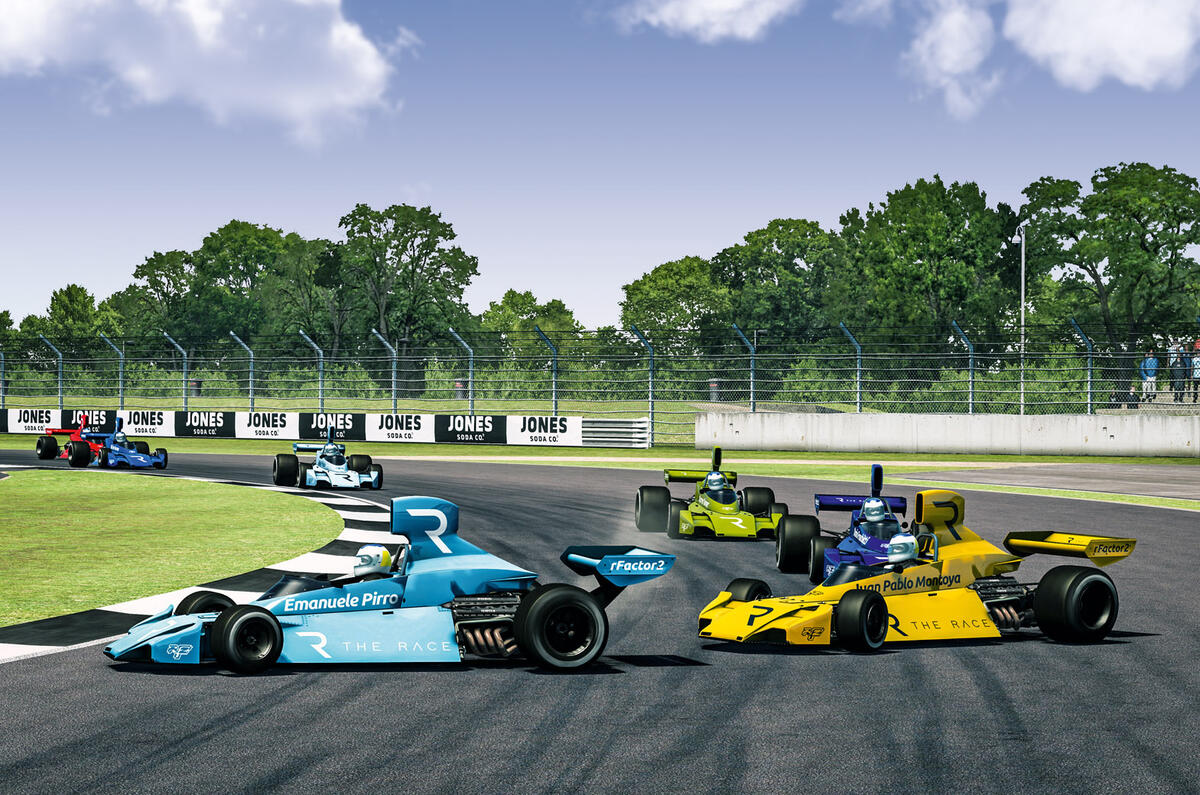

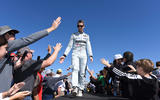


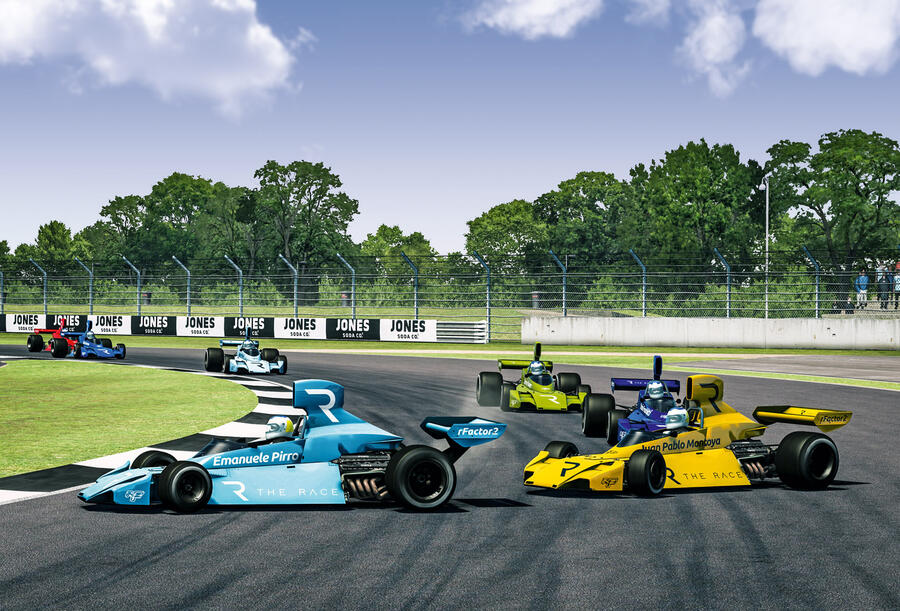


Add your comment